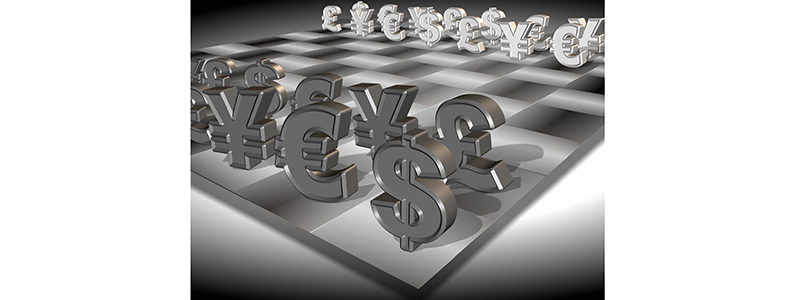Understanding value is essential for estimating risk in both chess and investing.
The most valuable chess piece is the queen. It combines the power of a rook with the power of two bishops. A rook can move either horizontally or vertically, while a bishop can move diagonally across the squares. According to the standard valuation system, the queen is worth 9 points; the rook, 5 points; the bishop, 3 points; the knight, 3 points, and the pawn, 1 point. The unequal power of the pieces determines risk calculation during a game.
Investing, too, is all about understanding value and all sorts of gradations are involved.
You need to be able to distinguish between valuable people, companies, and stocks. Some are rank amateurs, while others are mediocre. Then, of course, there are the experts, the masters, and the grandmasters.
Picking Grandmaster CEOs
Is the CEO of the company in which you’re interested in buying shares a grandmaster? For instance, Elon Musk, founder of SpaceX and Tesla Motors, is such an ubersalesman that he secured $500 million in government grants to build rockets. But he didn’t stop there: he also got another grant to build electric cars.
Assessing Opponent Ranking
A similar criterion of value discernment can be used when considering the relative value of a stock. When considering which stocks to invest in, many investors are content with looking at a company’s financial statements to determine if the company is profitable and managed well. A financial statement also helps to determine if the stock is underpriced. Yet, someone who thinks like a chess master would not only look at one company’s statements, but would investigate the financial statements of competitors to get a true valuation of the stock in relationship to its industry. And, of course, the financial statements only reflect what happened in the past, and they are not necessarily predictive of future events.
Takeaway
In chess, value determines your moves. If a player chooses to sacrifice a bishop or knight, it should be exchanged for a piece of similar or greater value or to order to gain an advantageous position on the board.
In business, value, too, determines your moves. If you’re an investor, you want to be able to distinguish between experts, masters, and grandmaster players when choosing people, products, or companies.
When you understand value, then you are able to more accurately assess risk and forecast result. Finally, when evaluating stocks, you want to look at the value of the other players competing in the game as well. Although you may have a democratic and egalitarian philosophy about life, in chess and in business people and pieces are not equal.
Find out more about the parallels between chess and success in life and money here.




